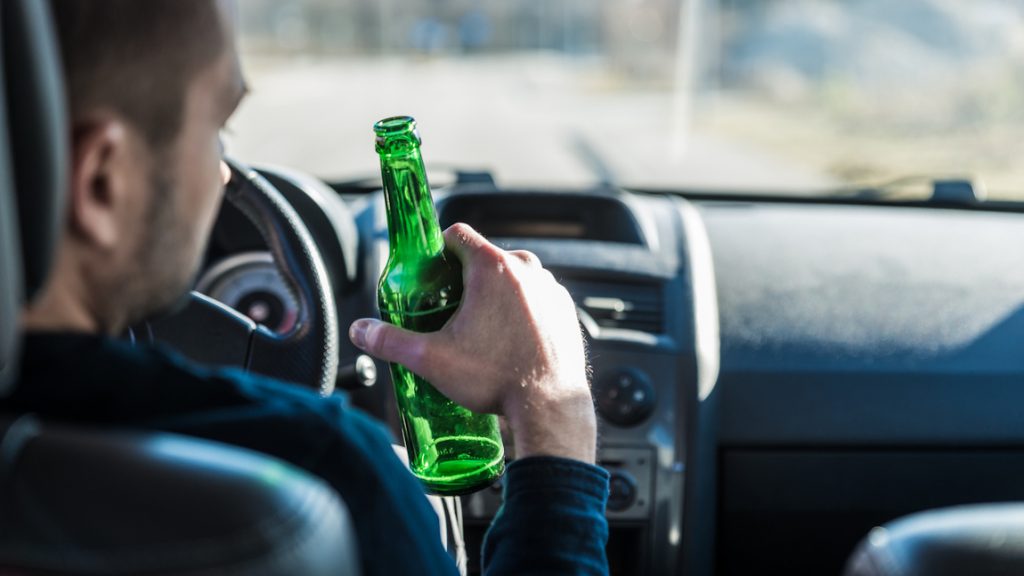
As the nation revels in the peak of red wine season, whether by a roaring fireplace at home or in the cozy ambiance of a bar, questions arise about the purported health benefits of this celebrated beverage. Regular media coverage suggests red wine is deemed a “healthy” alcoholic drink. But is this merely wishful thinking? Does moderate consumption of red wine truly offer benefits to our gut, lifespan, and inflammation levels, as some studies suggest?
Is Red Wine Have Benefits for You?
“Alcohol, including alcoholic beverages like red wine, is not favorable for us,” states Dr. Federica Amati, a public health nutritionist, medical scientist, and author of the book “Menopause Recipes.” She emphasizes that, like everything we consume, drinking red wine should be seen as part of the broader picture of our lifelong choices.
While alcohol is a neurotoxin with carcinogenic properties that can induce inflammation, the potential benefits associated with red wine hinge on its polyphenol content. Dr. Amati explains, “Red wine’s high polyphenol content, healthy plant compounds, can offset some of the negative effects of alcohol.” She adds that red wine is often consumed in social settings, accompanying meals, and is a traditional element in Mediterranean and Blue Zone diets. Plus, it tastes good.
Despite headlines touting its health merits, these stories tend to distort scientific findings to support clickbait titles. Dr. Amati cautions that observational data on wine consumption often involves confounding factors, as red wine drinkers often adopt healthier diets and lifestyles, contributing to overall well-being. The key takeaway is that any form of alcohol has its drawbacks.
” All the supposed benefits of red wine, such as [resveratrol], can be found in other foods and supplements,” notes Dr. Mark Hyman, a physician and functional health expert. He emphasizes that alcohol has harmful effects, with women being more susceptible to its impacts, including potential links to breast cancer. Alcohol consumption depletes nutrients and harms the digestive system, liver, and brain.
Alcohol, even in small amounts, is an enemy to a good night’s sleep. Dr. Hyman advises against underestimating the impact of alcohol on sleep, as it interferes with the body’s detoxification and repair during rest.
How Much Red Wine Should You Drink?
The less, the better. According to Dr. Amati, the impact of red wine depends on the dosage. “In the context of a healthy diet and lifestyle, a glass of red wine won’t have the same negative effects as drinking a bottle of wine on an empty stomach in an unhealthy lifestyle,” she explains. Population data suggests that consuming a small glass during meals might be beneficial for overall health.
It’s crucial to note that if you don’t drink alcohol, there’s no evidence to suggest you should start. Dr. Amati advises understanding the optimal point between benefits and risks if you choose to drink. Her recommendation is to limit consumption to three to four times a week, with no more than a small glass on drinking days. As an expert, she drinks only occasionally, emphasizing that alcohol isn’t a vital component of her life.
Dr. Hyman concurs, likening his approach to alcohol to his approach to sugar. Occasional consumption is acceptable, but daily intake may pose problems. He suggests sticking to one serving, at most, three to four times a week. Most importantly, if it doesn’t make you feel good, reconsider.

The Aftermath of (Not So Great) Red Wine Hangovers…
There’s a reason for them. Dr. Amati explains that compounds like tannins and acetaldehyde in red wine can stimulate the release of stress hormones, potentially worsening hangovers. If you can’t tolerate it well, it’s advisable to avoid it. You might also want to steer clear of other dark spirits.
If you’re not ready to give up a good glass of red wine—especially in the current season—ensure you stay adequately hydrated between drinks and enjoy responsibly.



